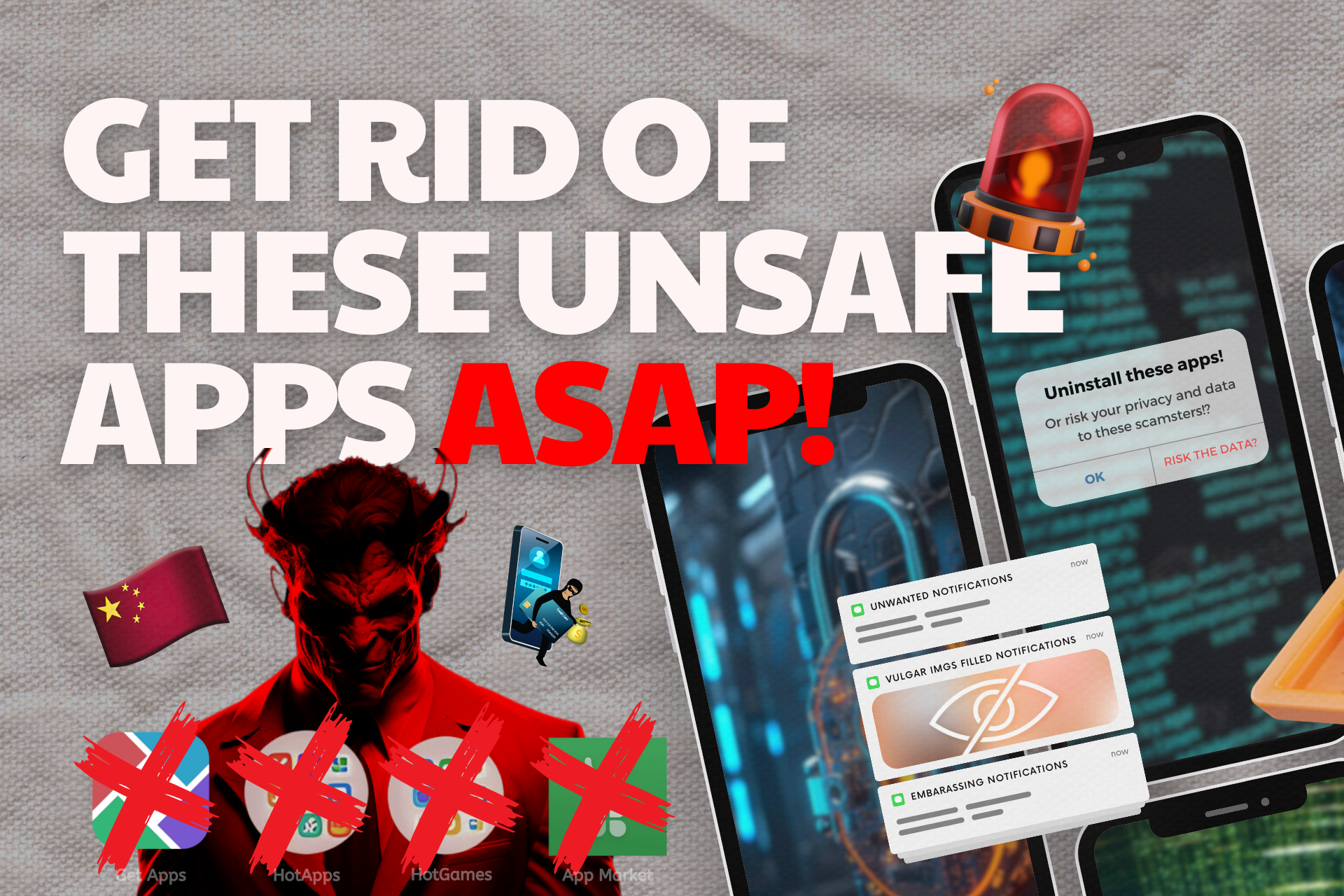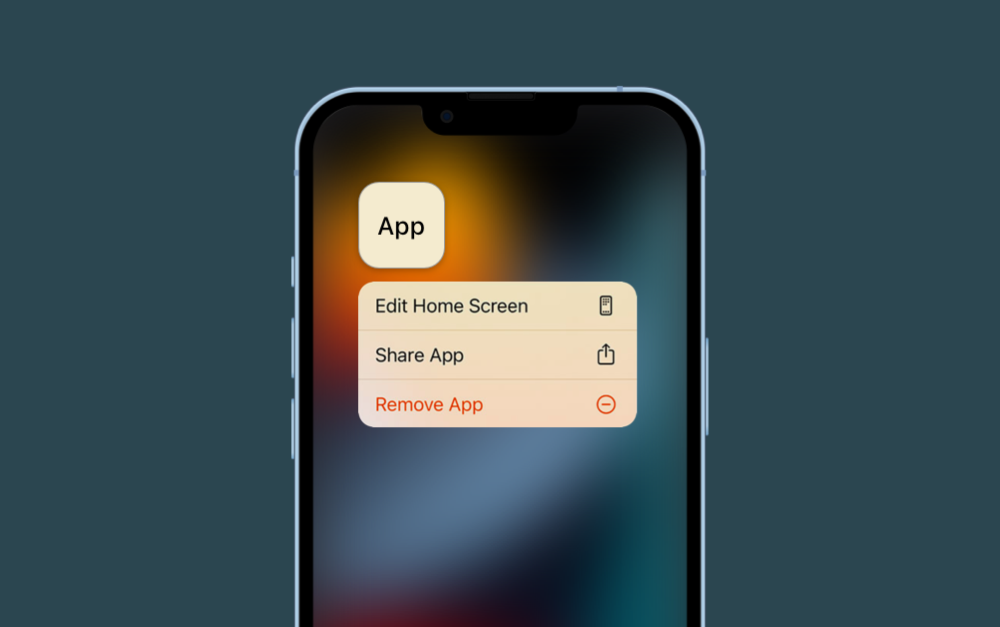Pioneering
Wonderful
Wonders
Underscore Digital Solutions

In our modern lives, mobile applications are an essential component of our everyday life in the digital age. There are many apps accessible, some with catchy names that entice users with the promise of infinite fun and functionality. But your device security and personal information could be seriously jeopardized by these seemingly innocuous apps.
This article examines the possible risks to your data, the strategies these applications employ to persuade you to accept their conditions, the ways in which these applications might be detrimental, and the precautions you can take to stay safe.
Mobile applications are a double-edged sword. Although some apps are entertaining and convenient, others put your security and privacy at risk. Users are frequently enticed to use applications that are offering intriguing features and content. But beyond their alluring surface are a host of dangers that could jeopardize the security of your device and your personal information.
Pre-downloaded applications, sometimes referred to as "bloatware," seriously jeopardize mobile devices' security. These pre-installed apps from carriers or manufacturers may have malicious code or security holes that jeopardize device integrity and user privacy. They frequently possess enhanced rights, which give them the ability to monitor user activities, access private information, and even install more software without authorization.
Furthermore, bloatware can deplete system resources, lowering battery life and device performance. These programs are often impossible for users to uninstall, leaving their devices open to constant security risks. Before preloading software onto devices, producers must make sure that strict security procedures are implemented. Users must disable or restrict permissions for preinstalled apps.
"Such programmes collect data without user consent!"
- The Cyberspace Administration of China (CAC)
How they make you to accept their Terms & Conditions?
This apps on mobile devices typically require users to accept their terms and conditions to function, leveraging their integral presence on the device. These apps often prompt users to agree to extensive permissions and legal agreements upon initial setup or during first use, embedding this consent process seamlessly into the user experience. The terms and conditions usually grant the app access to various personal data and functionalities, such as location services, contacts, and messaging, which can be exploited for data collection and targeted advertising.
Since these apps are often essential for basic device functions or difficult to remove, users feel compelled to accept the terms without thoroughly reviewing them, prioritizing convenience over privacy. This practice raises significant concerns about informed consent and the protection of user data, emphasizing the need for more transparent and user-friendly consent mechanisms.
How they are harmful to our data?
These apps have a number of potential drawbacks. They frequently ask for disproportionate access, including to your contacts, messages, location, microphone, and camera, which results in an extensive amount of data being collected without your knowledge or approval. Personal information found in the gathered data may be mined and sold to unaffiliated third parties, potentially leading to identity theft or worse, targeted advertising.
Furthermore, a few of these programs can have malware or spyware that tracks your actions, steals confidential data, or even takes control of your device. Furthermore, these applications could introduce security flaws that hackers could leverage to access your device and data without authorization.
There's no need to worry, as every problem has a solution. Now that we’ve examined the consequences of using these apps, let's explore the preventive measures to avoid them.
Preventive measures to Avoid such applications
It's crucial to act proactively to protect your device and data. Before installing any app, make sure you thoroughly review the permissions it asks for. Steer clear of apps that require unwarranted access to your data.
Second, evaluate user ratings and reviews to assess an app's dependability and security; pay close attention to any unfavorable comments since these could indicate possible hazards.
Third, to reduce the chance of running into rogue or compromised apps, only download software from reliable stores like the Apple App Store or Google Play Store.
Fourth, strengthen the security of your device by adding reliable antivirus and anti-malware software to identify and block malicious programs.
Fifth, to take advantage of the most recent security fixes and protections against new threats, make sure your device and its apps are up to date.
Finally, be wary of downloading free programs because they might have unstated expenses like invasive ads, data harvesting, or security flaws.
By following these precautions, you can reduce the possibility of downloading malicious apps and protect the integrity of your data and device.


"A lot has been discussed around banning of the Chinese apps and their clones now. As an advice to the users I would like to say that we need to wait for a bit before getting anxious and angry about the ban and indulging in mischievous activities."
- Arnika Singh, Programme Manager at SMM
Conclusion :
Although mobile applications such as "Hot Games," "Hot Apps," "Get Apps" as well as "App Market" may seem alluring, they frequently pose serious threats to your security and privacy. Through comprehension of the strategies employed by these applications to obtain your authorization, the possible damage they may cause, and the precautions you may take, you can enhance data security and have a more secure mobile experience. When downloading and utilizing mobile applications, always exercise caution and give priority to your security.

